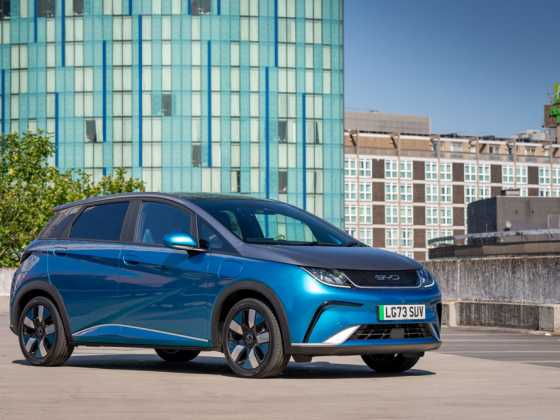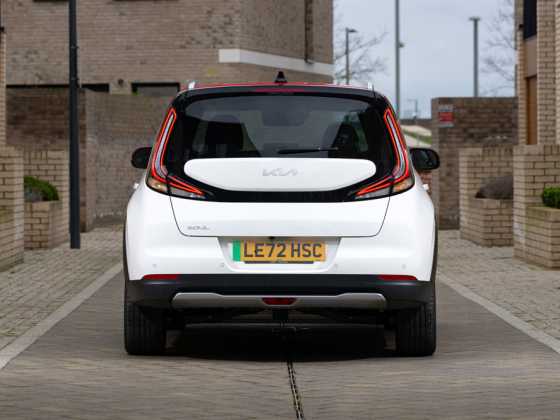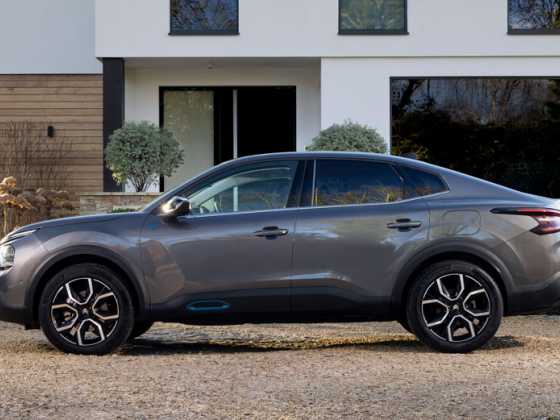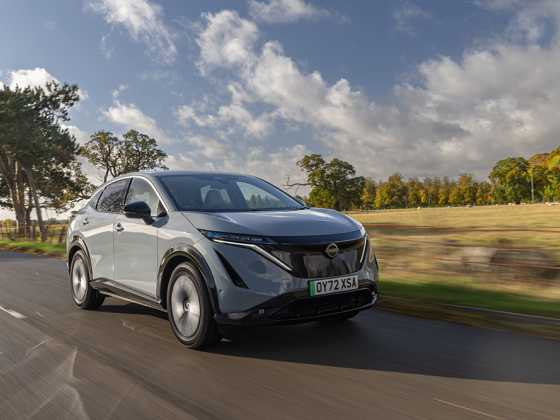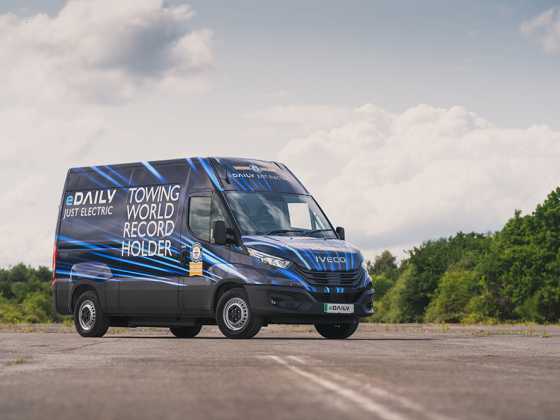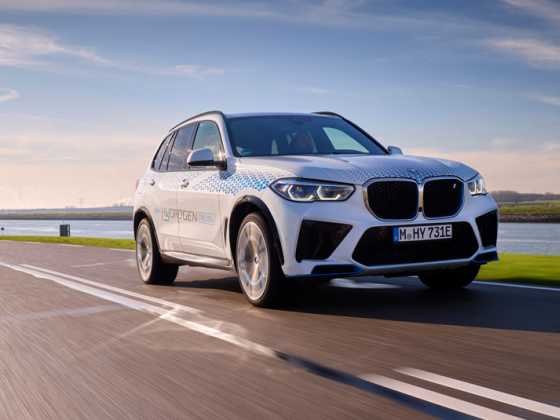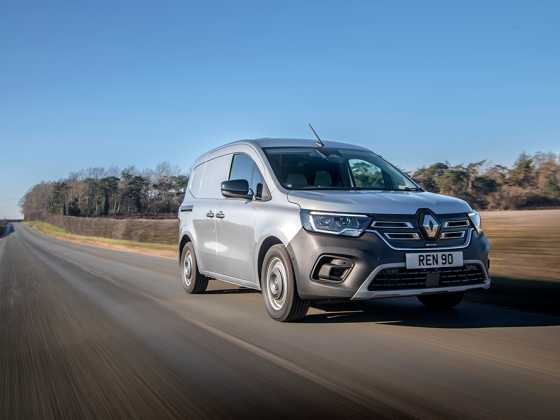Lime Dancing
With emissions of just 88g/km, Vauxhall’s Corsa 1.3 CDTi ecoFLEX is one of the greenest superminis on the market. Richard Gooding gets in its groove
 The Vauxhall Corsa first appeared 30 years ago. Constantly in the UK best-selling cars list, the small Vauxhall first hit British streets as the Nova. Switching to the Corsa name in 1993, the model was relaunched in 2006 with a 119g/km 74bhp 1.3 CDTi diesel engine, while a refresh in 2011 brought in 105g/km and 95g/km versions. Now, Vauxhall has reduced emissions further; the cleanest CDTi engine has 94bhp and only 88g/km of CO2. How does it fare?
The Vauxhall Corsa first appeared 30 years ago. Constantly in the UK best-selling cars list, the small Vauxhall first hit British streets as the Nova. Switching to the Corsa name in 1993, the model was relaunched in 2006 with a 119g/km 74bhp 1.3 CDTi diesel engine, while a refresh in 2011 brought in 105g/km and 95g/km versions. Now, Vauxhall has reduced emissions further; the cleanest CDTi engine has 94bhp and only 88g/km of CO2. How does it fare?
NOT JUST GREEN IN COLOUR
The Corsa Exclusiv 1.3 CDTi ecoFLEX tested here isn’t just green in colour – ecoFLEX is the British company’s environmental badge. Of most importance to GreenFleet drivers are the 88 and 100g/km Start/Stop versions. It’s synchronistic when a green‑coloured test car arrives at GreenFleet, and with 85.6mpg promised, the Corsa appears to be as environmentally‑friendly as its exterior paintwork suggests.
ECO-KIT THAT WORKS
In contrast to other small diesel superminis that favour three-cylinder motors, the Corsa’s engine conventionally has one more. Although coarse in nature, it gives the ecoFLEX a big-lunged feel. There is plenty of get-up-and-go, thanks to the 140b ft (190Nm) of torque available from 1750‑3250rpm. The five‑speed gearbox is precise and is allied to a shift light in the dashboard, which illuminates for up-shifts.
There’s a Start/Stop system, too (‘Auto‑Stop’ in Vauxhall-speak). The Corsa is still a good car to drive. It’s not pretentious in any way; it just has eco‑kit that works. There’s no ‘economy car’ feeling – it feels like Vauxhall has concentrated on the engine and left the car itself alone.
The Exclusiv trim level tested here is built on the basic model Expression/S. Extra equipment includes remote central locking, front seat side-impact airbags, curtain airbags, steering wheel audio controls, driver’s seat height adjuster, electric door mirrors, and 15-inch steel wheels with 185/65 R15 tyres. One important omission is the multifunction trip computer which comes as standard on higher-specified SE models. Only available as an extra-cost option for £515 as part of the ‘Exclusiv Plus Pack’, it gives the driver instantaneous and average fuel consumption read-outs, range remaining and amount of fuel used figures, as well as average speed and distance-travelled values.
The option price does include an upgrade to alloy wheels and the addition of front fog lights and cruise control, too, but it’s disappointing that a car with eco credentials lacks such a useful tool.
SIGNIFICANT IMPORTANCE
Using the FuelMonitor app (http://fuelmonitorapp.com/) which tracks journeys made based on inputted car mpg data, the Corsa recorded a non‑scientific average fuel consumption figure of 69.9mpg. This tallies up with the 395 miles the Corsa travelled with me and the amount of fuel I used. Yes, it’s still some way off Vauxhall’s official NEDC value of 85.6, but it’s one of the cars that has come closest to its official figure that I’ve tested. In the real‑world, that’s of significant importance.
Also important is cost. At £15,410 (£16,685 as tested here with optional Lime Green paint and ‘Touch and Connect’ radio/navigation system), the Corsa is on a par with key rivals. Most also slot into zero road tax VED Band A, have similar BIK values (see box) and cost around the £15,000 mark. It really is a case of you pays your (or your company’s) money and takes your choice. The Vauxhall Corsa Exclusiv 1.3 CDTi ecoFLEX Start/Stop (a/c) 88g/km wouldn’t be a bad place to start.
Vauxhall Corsa Exclusiv 1.3 CDTi ECOFLEX
ENGINE: 1248cc, 4-cyl turbodiesel
CO2: 88g/km
MPG (combined): 85.6
VED: Band A
BIK: 13%
PRICE (OTR): £15,410 (including VAT, £16,685 as tested)


